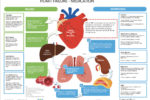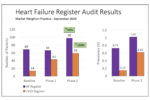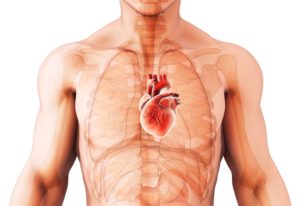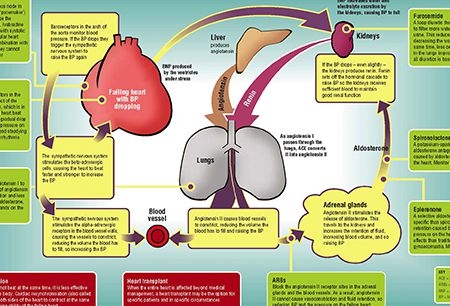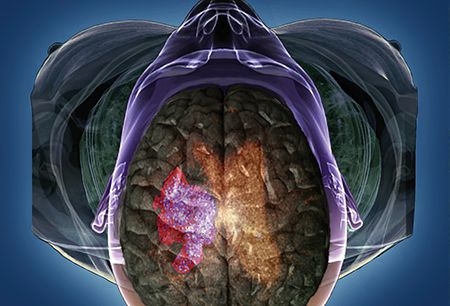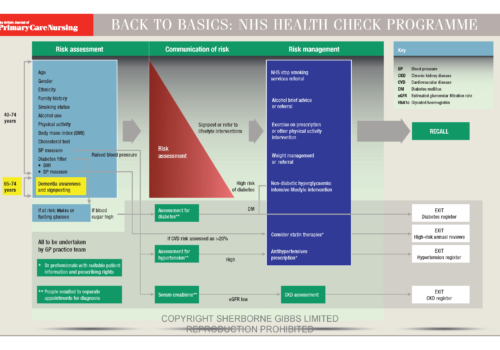A few weeks ago I was out shopping, and bumped into Alan. On a very hot day, he was dressed up as ‘Artie Beat’ for a photo shoot outside a supermarket to promote fundraising for the British Heart Foundation. I was being nosey, as you might expect, and went over to see what was happening. When I congratulated Alan, he said: ‘I am only a cashier’. But no one is an ‘only’ when it comes to caring and making a difference. So thank you, Alan, and thank you, ASDA. I then started thinking about compassion on that large social scale and then about compassion from individuals.
